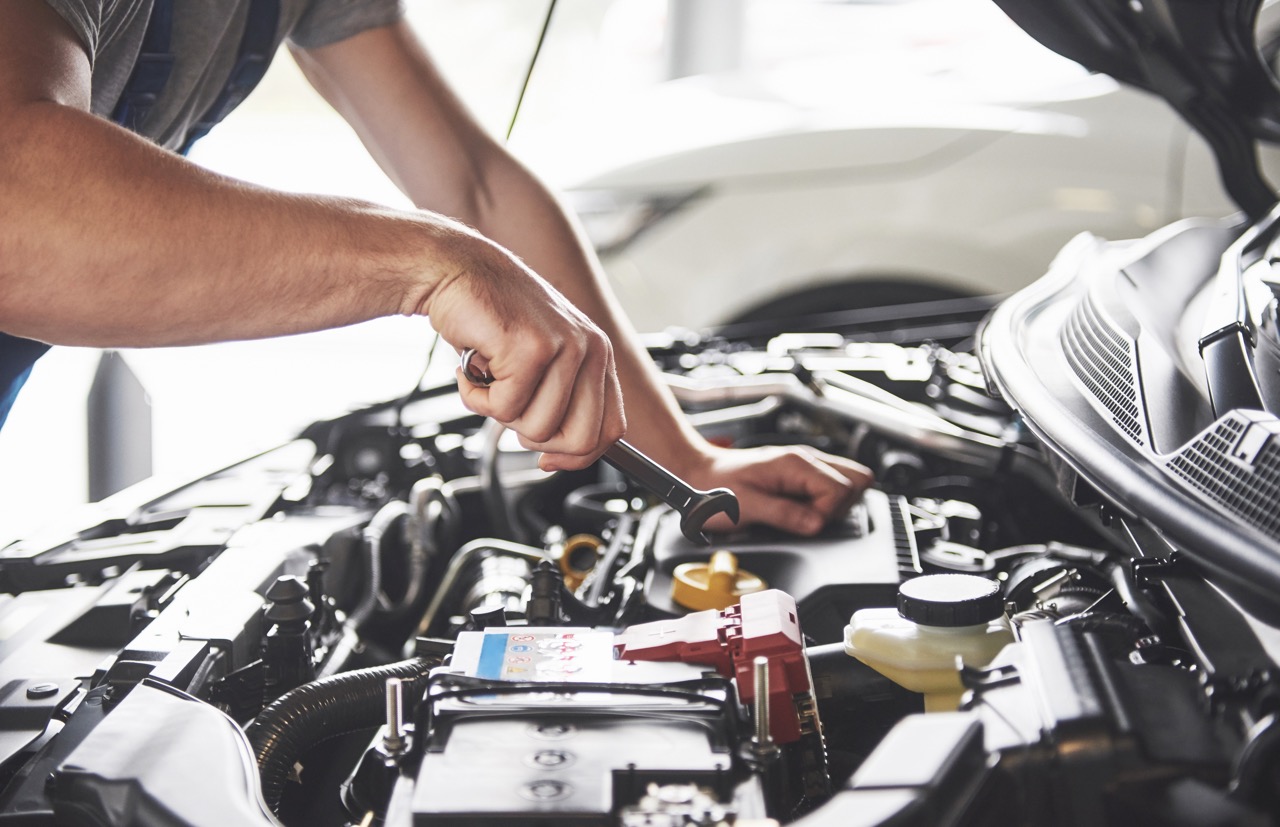
Maintaining your vehicle is an important component in extending its life, but there are some common misconceptions about how much you need to do on a regular basis. Most of the work that your parents had done regularly on their cars is unnecessary with modern, more efficient vehicles. Here are some tips your dad may have given you that no longer fit the bill:
“Change the oil every 3000 miles.”
Although the recommended interval between oil changes varies from model to model, most owners’ manuals don’t recommend an oil change every 3,000 miles. 5,000 miles, 7,500 miles or more is now the norm. Changing the oil more often won’t hurt your car, but it won’t really help, and it will cost you extra money.
“Having maintenance done anywhere but the dealership will void the warranty.”
The dealership where you bought your car may give you a discount for having your maintenance done there, but having it done somewhere else won’t void the warranty. As long as you save receipts for any work that is done, you can have it done anywhere you want, or you can even do it yourself. Skipping oil changes and other maintenance could void the warranty, though.
“Premium-grade fuel is better for your car.”
Premium-grade fuel is meant for high-compression engines that run hotter than usual because it is less prone to pre-ignition. It will not improve performance in a regular engine, so you don’t need to waste your money on it if your car’s specifications don’t call for it.
“Your coolant needs to be flushed twice a year.”
The old notion that coolant needs to be replaced in the spring and fall has been replaced by closed coolant systems that don’t lose fluid over time. In addition, a longer-lasting coolant remains effective for two years or longer, so it doesn’t need to be replaced as often.
“Let your car warm up before driving it.”
Letting your car run in the driveway while you make your lunch and round up your wallet will only waste gas. Modern engines warm up better while they’re being driven. They will reach their maximum efficiency range more quickly while in motion, so hit the road. Just avoid revving the engine very high for the first few miles.
Related Posts
Key Takeaways On average, passenger vehicle tires last 40,000 to 60,000 miles, depending on type, driving habits, and maintenance. Replace tires when tread depth reaches 2/32”, if damaged, or older than 10 years. Regular rotation, alignment, and proper inflation extend tire life. Aggressive driving, poor roads, and harsh weather shorten tire lifespan. Take advantage [...]
When you think about car maintenance, you probably focus on oil changes, tire rotations, and maybe even brake pad replacement. But what about your brake fluid? If you’ve ever wondered, “What does brake fluid do?” or “Why is brake fluid important?”, you’re not alone. Brake fluid might not be the most talked-about part of [...]
Is that high-pitched squeal from your brakes driving you—and everyone else—crazy? Don’t ignore it. Squeaky brakes aren’t just annoying, they’re your car’s way of saying something needs attention. Whether you're cruising through Salt Lake City or winding up Idaho’s mountain passes, here’s what’s likely going on, how you can fix it, and when it [...]





